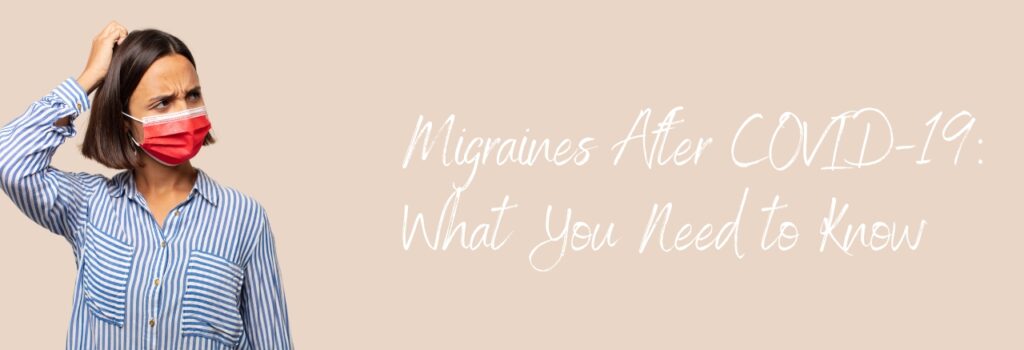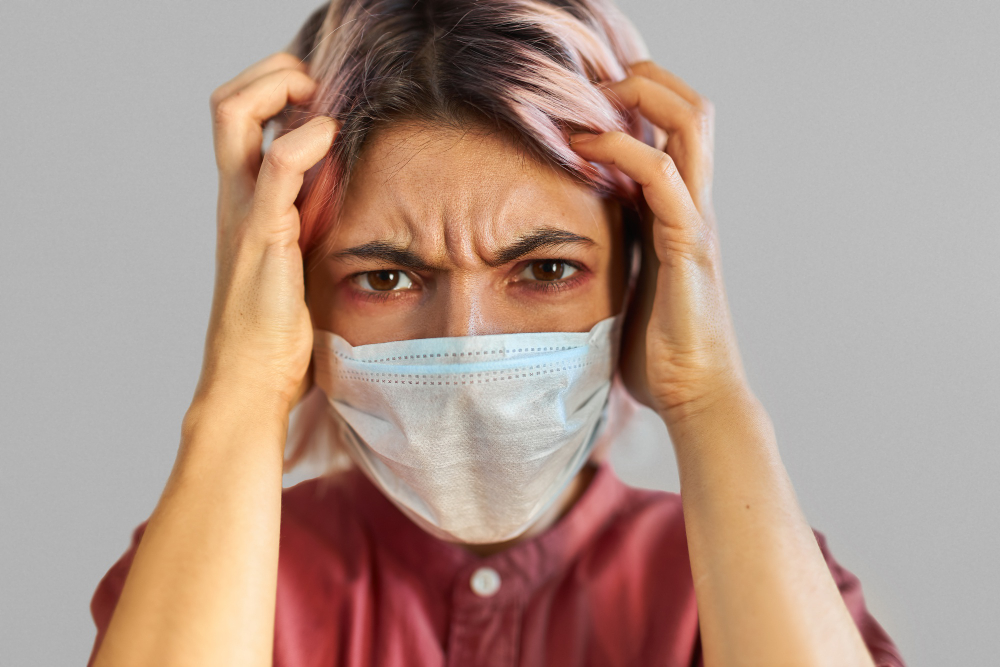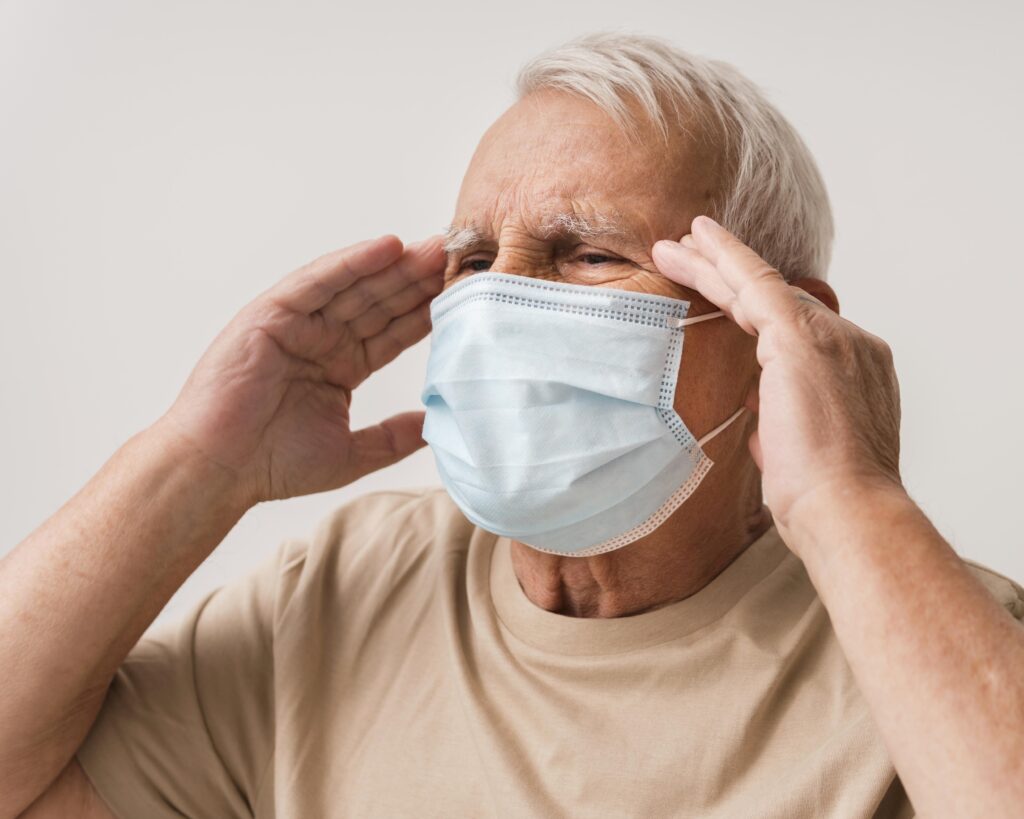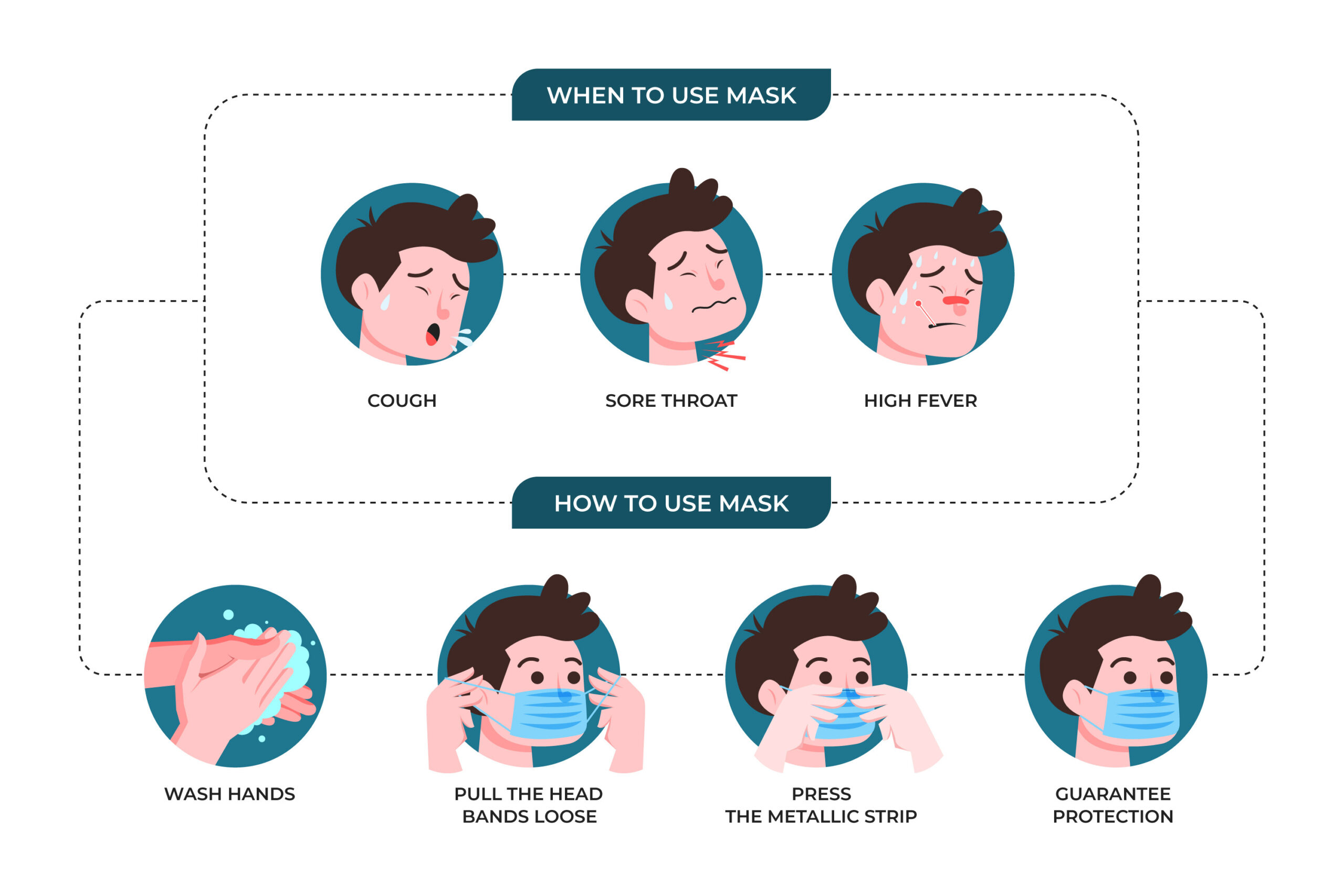Migraines After COVID-19: What You Need to Know
If you’ve had COVID-19, you may be wondering about the long-term effects of the virus. While COVID-19 is primarily a respiratory illness, many people have reported experiencing headaches, including migraines, during and after their illness. If you’re experiencing migraines after COVID-19, you’re not alone. Here’s what you need to know.
Why Do Some People Experience Migraines After COVID-19?
While scientists are still studying the long-term effects of COVID-19, one possible explanation for migraines after the virus is inflammation. COVID-19 is known to cause an inflammatory response in the body, and inflammation is a known trigger for migraines. Additionally, COVID-19 can also cause changes in blood clotting and blood flow, which can also contribute to migraines.
Another possible explanation for migraines after COVID-19 is the psychological impact of the illness. COVID-19 can be a traumatic experience, and the stress and anxiety of the illness can contribute to migraines. Additionally, changes in sleep patterns, diet, and exercise during illness and recovery can also trigger migraines.
What Should You Do if You’re Experiencing Migraines After COVID-19?
If you’re experiencing migraines after COVID-19, it’s important to speak with your healthcare provider. Your healthcare provider can help determine the cause of your migraines and recommend an appropriate treatment plan. Some possible treatments for migraines after COVID-19 may include:
Over-the-counter pain medications, such as acetaminophen or ibuprofen
Prescription medications, such as triptans or beta blockers
Lifestyle changes, such as getting regular exercise, maintaining a healthy diet, and reducing stress
Mind-body therapies, such as meditation or yoga
In addition to working with your healthcare provider, you may also want to consider tracking your migraines to identify triggers and patterns. This can help you make lifestyle changes that may reduce the frequency and severity of your migraines.
What Should You Do if You’re Experiencing Migraines After COVID-19?
If you’re experiencing migraines after COVID-19, it’s important to speak with your healthcare provider. Your healthcare provider can help determine the cause of your migraines and recommend an appropriate treatment plan. Some possible treatments for migraines after COVID-19 may include:
Over-the-counter pain medications, such as acetaminophen or ibuprofen
Prescription medications, such as triptans or beta blockers
Lifestyle changes, such as getting regular exercise, maintaining a healthy diet, and reducing stress
Mind-body therapies, such as meditation or yoga
In addition to working with your healthcare provider, you may also want to consider tracking your migraines to identify triggers and patterns. This can help you make lifestyle changes that may reduce the frequency and severity of your migraines.
Migraines after COVID-19 are a common issue, but they don’t have to control your life. By working with your healthcare provider and making lifestyle changes, you can manage your migraines and reduce their impact on your daily life. Remember to be patient and kind to yourself as you recover from COVID-19, and seek support from loved ones and mental health professionals if needed.
Tips for Managing Migraines After COVID-19
In addition to seeking medical treatment, there are some lifestyle changes that individuals can make to help manage their migraines after COVID-19. Here are a few tips:
Practice good sleep hygiene: Getting enough quality sleep can help reduce the frequency and severity of migraines. Aim for 7-8 hours of sleep per night and avoid caffeine and alcohol before bed.
Manage stress: Stress is a common trigger for migraines. Try relaxation techniques such as deep breathing, meditation, or yoga to help reduce stress levels.
Stay hydrated: Dehydration can trigger migraines, so make sure to drink plenty of water throughout the day.
Maintain a healthy diet: Eating a balanced diet with plenty of fruits, vegetables, and whole grains can help reduce inflammation and promote overall health.
Exercise regularly: Regular exercise can help reduce stress and promote good overall health, which may help reduce the frequency and severity of migraines.
It’s important to work with a healthcare provider to develop a treatment plan for migraines after COVID-19. With proper treatment and self-care, individuals can manage their migraines and improve their quality of life.










